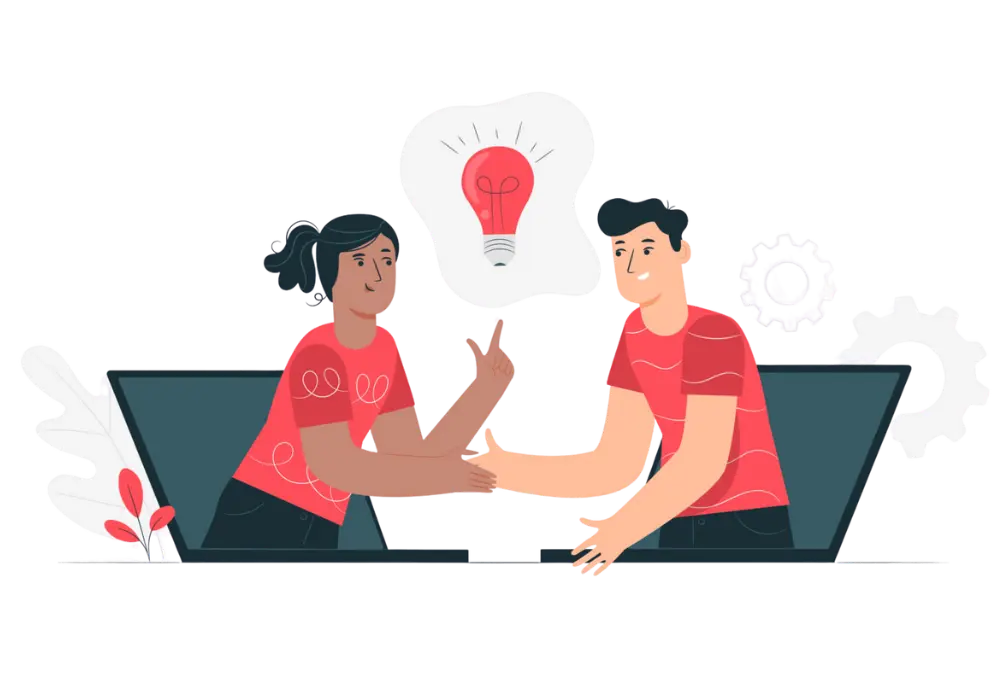Get California Online Divorce Forms for $299 – Limited Time Offer!
Our Rating
Read our blogs to get tips on California uncontested, online, and DIY divorce.


Dina Haddad
Founder of CA Online Divorce Program
Hi. I’m Dina Haddad, an attorney, mediator and divorce expert here in California. I’m so tired of couples not having a process that’s easy to complete their divorce. They are getting lost, wasting time and money, and beyond frustrated with their results.That’s why I created TheCompleteDivorce, an Online & DIY Divorce Program. I took my successful mediation practice and condensed it into an affordable and winning program.
Start Your CA Divorce Online
No Lawyers, No Extra Fees, Just Results!
Copyright © 2025. All rights reserved.